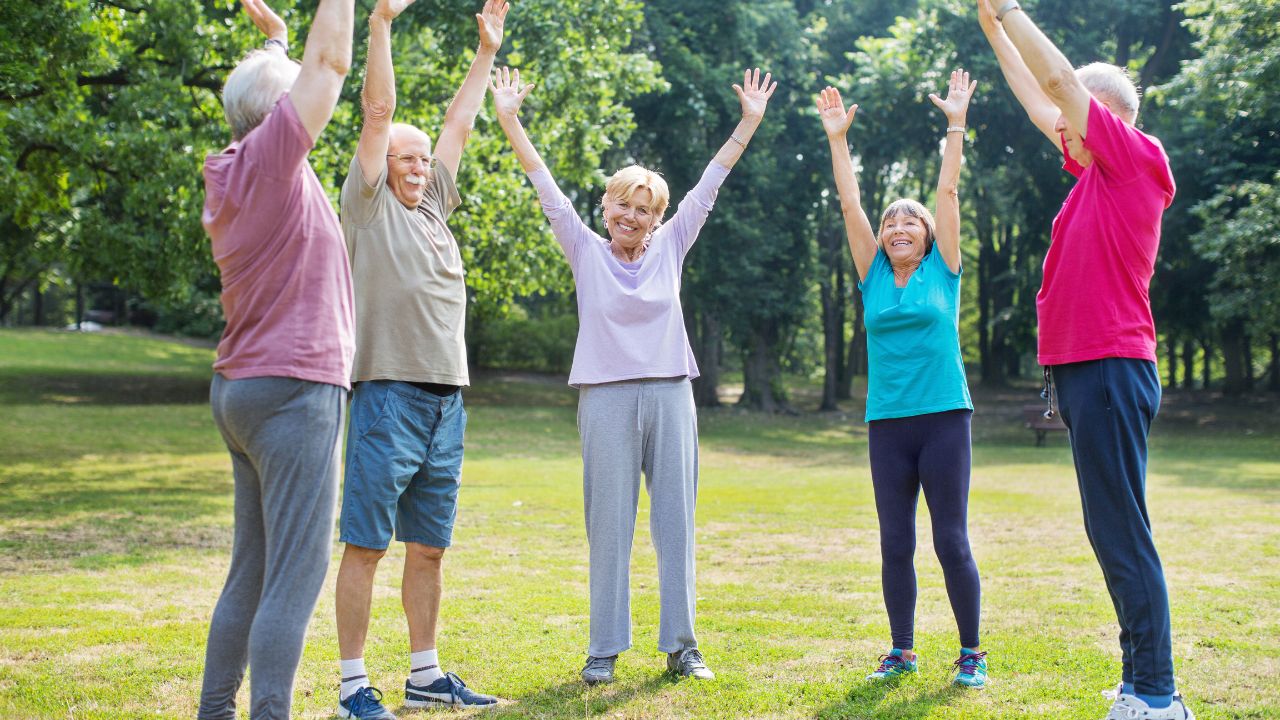Laughter is no laughing matter, in fact it is probably the most difficult thing to do consciously that too about our own self. While laughter comes naturally but then, the benefits of forced laughter cannot be overlooked. World Health Organization (WHO) 2011 in Wulandari & Santoso study stated that depression is one of the most common mental problems in the elderly. Depression in the elderly is something that needs to be considered because it can influence the course of physical illness and also the quality of life (QoL).
Humour contains positive emotional content which are attraction, satisfaction, love, happiness, pride and relief. When we laugh, our bodies produce endorphins, which are considered to be the “happiness hormone”. Laughter Therapy (humour) affects cognitive, emotional and social well-being in the elderly. Laughter and Humour can bring about a change in cognitive functions which includes flexibility in thinking, positive thinking, looking at problems from different perspectives etc.
Humour can replace negative emotions such as anger, stress, anxiety or depression. (Source: Martin RA. The psychology of humour: An integrative approach).
As per the attached document by “B Rajesh, Journal of Psychiatric Nursing” the benefits of Laughter Therapy are;
A) Laughter is a sign of good will towards others, laughter can reduce anxiety and other negative emotions, it is an immune booster.
B) It acts as a natural anti-depressant, it can relieve pain and it burns calories.
C) Laughter lowers the blood pressure.
D) It will reduce the risk of stroke and heart attack. It reduces production of stress hormone levels. It improves cardiac health.
E) It can improve cooperation and empathy between people of different cultural backgrounds and fosters better communication.
Types of Laugh
- Bray: laugh loudly and harshly
- Break up: laugh unrestrainedly
- Cachinnation: loud convulsive laughter
- Cackle: It is a loud laugh
- Chortle: It is a soft partly suppressed laugh
- Giggle: It is a foolish or nervous laugh
- Guffaw: It is burst of loud and hearty laughter
- Haw-haw: It is a loud laugh that sounds like a horse neighing
- Snicker: It is a disrespectful laugh
- Titter: It is a nervous restrained laugh
Document can be accessed on the website https://www.rfppl.co.in/ or downloaded here (Laughter Therapy) or can be read below
